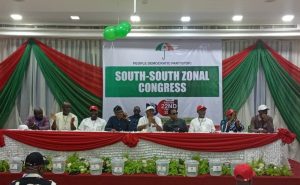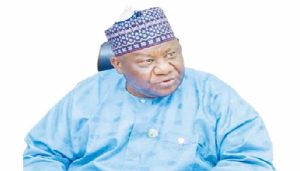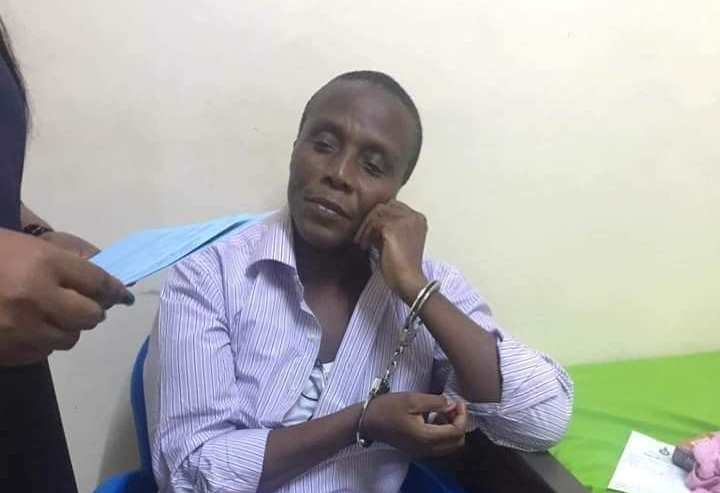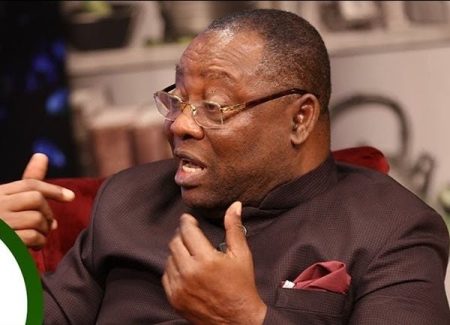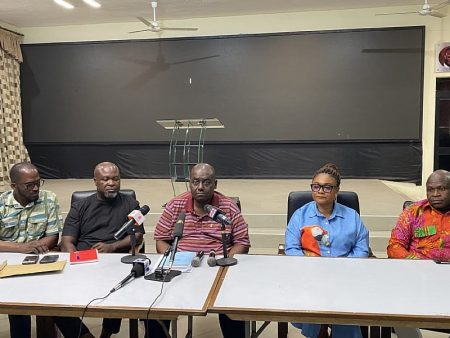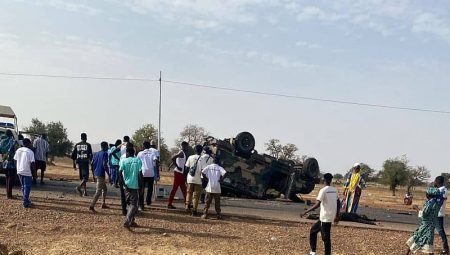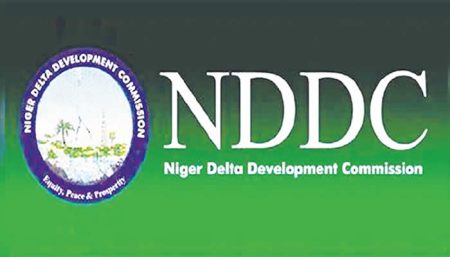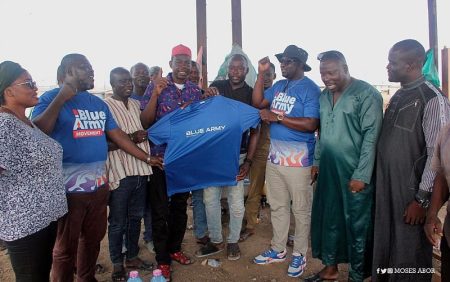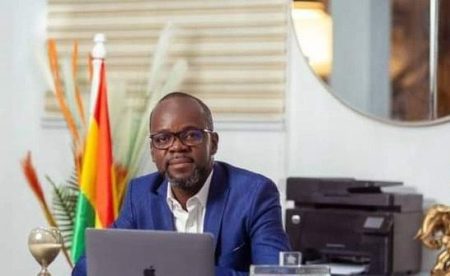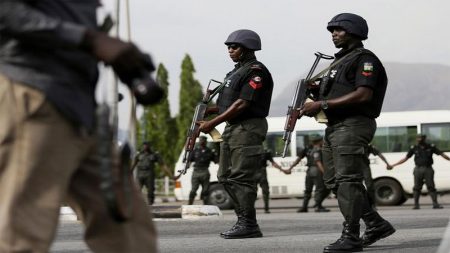The case of Gregory Afoko, accused of the 2015 murder of Adams Mahama, the Upper East Regional Chairman of the New Patriotic Party (NPP), took a significant turn with his release on bail after nearly a decade in detention. His lawyer, Nana Yaw Osei, painted a grim picture of Afoko’s time in custody, alleging severe neglect and a denial of adequate medical care that resulted in a debilitating and potentially life-threatening condition. Osei emphasized the persistent pain Afoko endured due to a swollen arm, a condition he developed while incarcerated, which remained untreated for over five years. This lack of medical attention, according to Osei, caused immense suffering and placed Afoko’s life at risk, constantly reminding him of the possibility of dying in prison. The lawyer argued that had Afoko been free, he would have undoubtedly sought competent medical care, highlighting the disparity in access to healthcare between those incarcerated and those outside the prison walls.
The bail granted by the Accra High Court offers a glimmer of hope for Afoko, who has been held in custody since his arrest in 2015. Justice Marie-Louise Simmons set the bail at GH₵500,000 with specific conditions, including two sureties who must provide property as security. Furthermore, Afoko is required to report bi-weekly to either the chief investigator or the regional crime officer in Accra until the conclusion of his trial. This bail application, the third attempt since the commencement of legal proceedings, finally succeeded in securing Afoko’s temporary release. The granting of bail marks a pivotal moment in the protracted legal battle surrounding this highly publicized case.
Afoko’s lawyer’s assertions of medical neglect raise serious concerns about the conditions within the prison system. The alleged denial of adequate medical treatment for a condition as readily observable as a swollen arm lasting for years casts a shadow over the prison’s healthcare infrastructure. It underscores the potential vulnerability of detainees to health complications and the urgency for ensuring access to proper medical attention for all individuals, regardless of their legal status. The lawyer’s statements effectively highlight the human cost of prolonged incarceration and the potential for health deterioration within the confines of the prison system.
The granting of bail to Afoko, while significant, does not equate to an exoneration. He remains accused of a serious crime and will continue to face trial for the murder of Adams Mahama. The conditions attached to his bail, particularly the requirement for regular reporting to law enforcement, demonstrate the court’s intention to maintain oversight and ensure his availability for future legal proceedings. The bail decision allows Afoko a degree of freedom while awaiting trial, but the legal process will continue to unfold, ultimately determining his culpability or innocence in the alleged crime.
The circumstances surrounding Afoko’s case, from the allegations of medical neglect to the protracted legal process, underscore the complex interplay between individual rights, the justice system, and the challenges posed by lengthy detentions. The case highlights the importance of ensuring adequate medical care for all individuals, regardless of their legal status, and the potential ramifications of prolonged incarceration on an individual’s physical and mental well-being. The ongoing legal proceedings will continue to shed light on the details surrounding the alleged crime and ultimately determine Afoko’s fate.
The Afoko case also brings to the forefront the importance of due process and the right to a fair trial. The prolonged detention, coupled with the allegations of medical neglect, raise questions about the efficiency and fairness of the justice system. The granting of bail, albeit after a considerable period, signifies the recognition of Afoko’s right to liberty pending the conclusion of the trial. The upcoming legal proceedings will be closely watched as they unfold, not only to determine Afoko’s guilt or innocence but also to assess the overall functioning of the justice system in upholding the rights of the accused.



